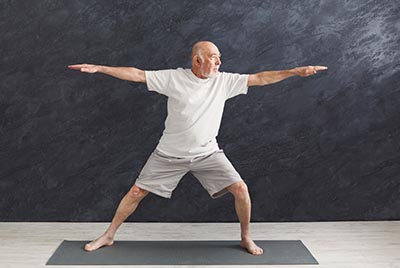Dealing With Stress.
How sleep and other healthy tips can help you manage your stress.
Feeling stressed is a normal part of life. Sometimes stress can feel a little out of control but stress shouldn’t take over your life and keep you up at night. While there is no medical definition for stress it can have serious consequences on your life and health.
What causes stress?
- Stress can be caused by triggers in your life that may involve:
- High pressure situations
- Poor sleep or not enough sleep
- Big changes in your life
- Lack of control or the perception of losing control of a situation
- Times of uncertainty
- Overwhelming responsibilities
- Not having enough activities or work
Treatments for Stress
There are many suggested treatments for managing stress as it can be caused by multiple situations and events. Getting stress under control shouldn’t be ignored.
Here are some tips to help reduce and manage stress.

Get A Good Night’s Sleep
Getting the sleep you need is a great way to reduce stress. When you’re stressed it can be difficult to fall asleep but Keeping to a schedule and making your room a comfortable place to sleep can help you fall asleep and stay asleep. After a good night’s sleep, it will be easier to focus on tasks and your workload will seem less daunting. Combining a good night’s sleep with the tips below can help you feel less stressed.

Talk to a professional
Talking through your feelings of stress with your doctor or therapist can help you pinpoint events that may be the root cause of your stress. If stress is affecting your life, talking to a professional can help you build a treatment plan. They may recommend Cognitive Behavioural Therapy (CBT) or a combination of activities, therapy or even medication to help you get back to enjoying life.

Exercise

Meditation
Stay On Therapy
If you have been diagnosed with sleep apnea, staying on therapy is critical for your health and will help you get the sleep you need. As you start to feel better you may find it easier to manage your stress.
Making a plan and a few adjustments to your lifestyle and sleep schedule can help you manage stress. If you are feeling stressed or anxious about starting CPAP therapy talk to an RHS therapist. Your therapist will work with you to feel less anxious about starting therapy.
Call your Service For Life team at:
See if You’re at Risk for Sleep Apnea
If you are experiencing high levels of anxiety or feeling tired during the day, be aware that these are symptoms of sleep apnea. Take this 60 second sleep apnea quiz to find out if you are at risk.

